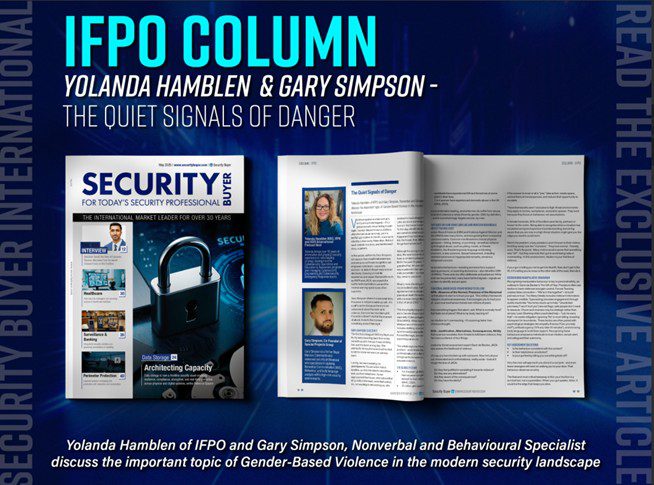The Council adopted conclusions which set priorities and guidelines for EU cooperation in the field of countering hybrid threats and enhancing resilience to these threats, building on the progress made in recent years.
Hybrid threats refer to a wide range of methods or activities used by hostile state or non-state actors in a coordinated manner in order to target the vulnerabilities of democratic states and institutions, while remaining below the threshold of formally declared warfare. Some examples include cyberattacks, election interference and disinformation campaigns, including on social media.
The conclusions call for a comprehensive approach to security to counter hybrid threats, working across all relevant policy sectors in a more strategic, coordinated and coherent way. They are part of the implementation of the EU’s Strategic Agenda for 2019-2024 which calls for a comprehensive approach with more cooperation, more coordination, more resources and more technological capacities in order to address this challenge.
We are very pleased with the strong commitment of the member states to continue efforts to counter hybrid threats and enhance resilience. Such measures are vital for building comprehensive security for our citizens. Although the primary responsibility in this field lies with the member states, we face common threats. Building awareness and coordinating our efforts across policy areas is essential.
Tytti Tuppurainen, Minister for European affairs of Finland
In its conclusions, the Council underlines the need to continue developing cooperation with international organisations and partner countries on enhancing resilience and countering hybrid threats, in particular EU-NATO cooperation and cooperation with countries in the EU’s neighbourhood.
In order to ensure the coherence of this work, the conclusions call for enhancing resilience against hybrid threats across different policy areas, for instance when developing and using new and emerging technologies, including artificial intelligence and data-gathering techniques, and when assessing the impact of foreign direct investment or future legislative proposals. The Council also stresses the importance of continuously improving the cooperation between national authorities, as well as EU institutions, bodies and agencies, across the internal-external security nexus.
For more security news visit here.




















